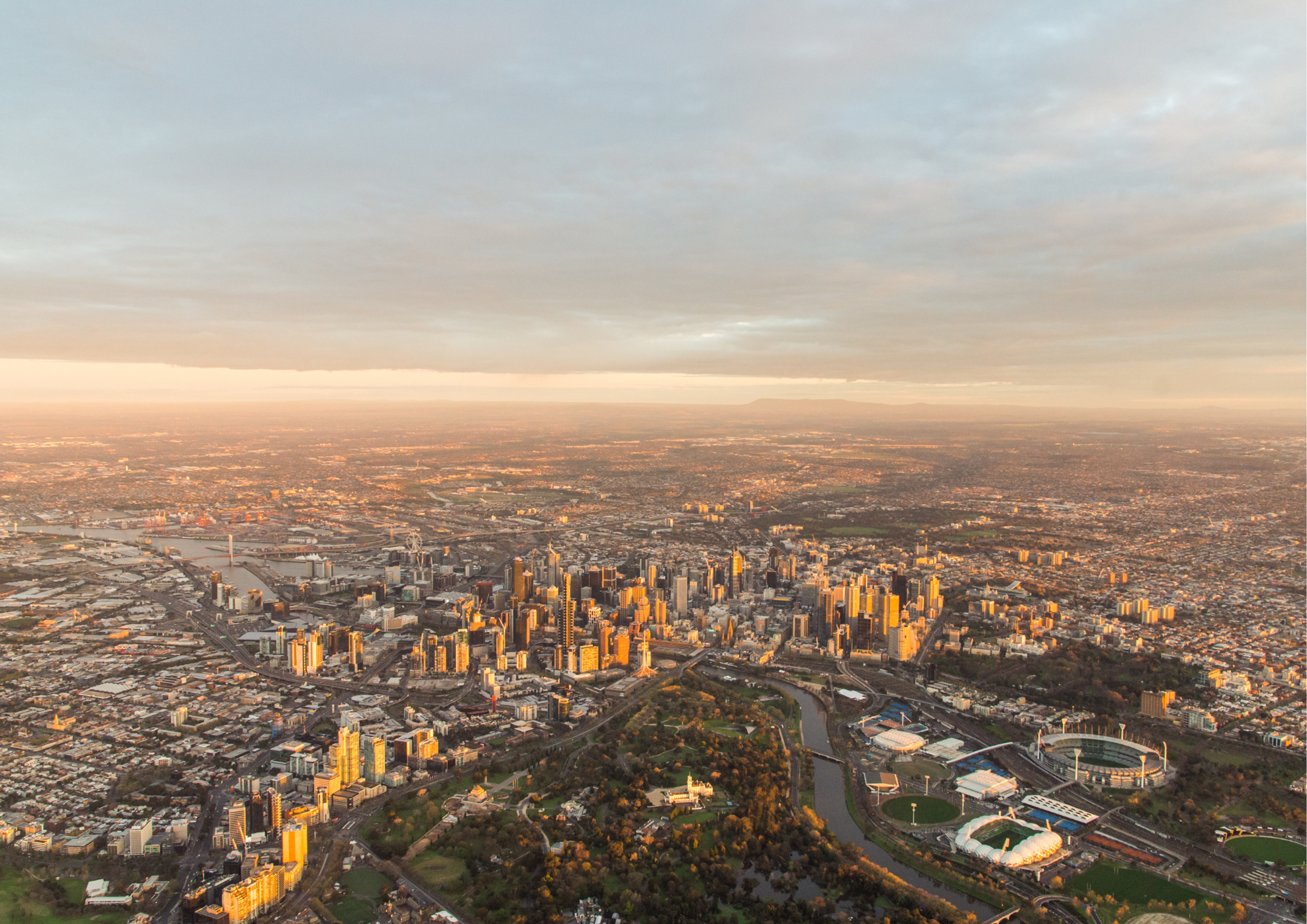Even If
By Andy Callow ( Principal )

Even If
By Andy Callow ( Principal )
The recent announcement of the extension of Stage 4 restrictions was a new low point for many who are travelling the rails of the “coronacoaster” with gritted teeth.
Virginia Trioli, the highly respected, articulate and incisive ABC presenter, wrote recently:
“Friends and colleagues have told me that the announcement of an extended hard lockdown has simply broken them. That's the term they use. I know people who have not felt the warm, live skin of another person under their hands for six months. One friend knelt down to pat a puppy in the park at the weekend during their one allowed hour of daily exercise and realised with a shock that this was their first moment of physical affection since March.
In my studio, the live text screen updates every 90 seconds with the direct thoughts and observations of more than 400,000 listeners, and this week they seemed overwhelmed with anger, fear, resentment and frustration”
(See the full article here )
Without wanting to diminish the difficulties and frustrations that we are all struggling with, I find it helpful to remind myself constantly that we are more than merely passive victims of the circumstances that beset us. We still have the power of choice. This includes the choice over the perspective we take on life “and other catastrophes” (to reference another ABC radio host).
One of the ways I have tried to frame my response to the pandemic is to try to replace “What if?” with “Even if”.
The “what if” questions mostly hinge around crisis scenarios such as “what if we have a COVID outbreak at BHCS?” and so on. Crisis management planning is certainly necessary, but a constant media diet of unrelenting bad news about what could happen does not feed good mental health.
Habakkuk wrote of a time in ancient Israel where disaster loomed. Subsistence farmers were facing economic ruin and possibly starvation due to widespread crop failure and loss of livestock. The “what if” questions had come true. Yet Habakkuk calls his people to look beyond the hardship, and see the bigger picture:
“Even though the fig trees are all destroyed, and there is neither blossom left nor fruit; though the olive crops all fail, and the fields lie barren; even if the flocks die in the fields and the cattle barns are empty, yet I will rejoice in the Lord; I will be happy in the God of my salvation” - Habakkuk 3:17-18
Habakkuk saw beyond the immediate trials and disappointments. He declares his faith that, even if disappointments come, he stands on the unchangeable reality of a sovereign God who can be trusted to bring hope out of struggle and failure.
BHCS was founded on a vision of God building a healthy school out of nothing. Despite past dire circumstances, our community has grown dramatically and has been greatly blessed.
Even if today we struggle with “pandemic blues” at times, it is life-giving to look beyond the temporary trials to the everlasting arms of a Loving God.